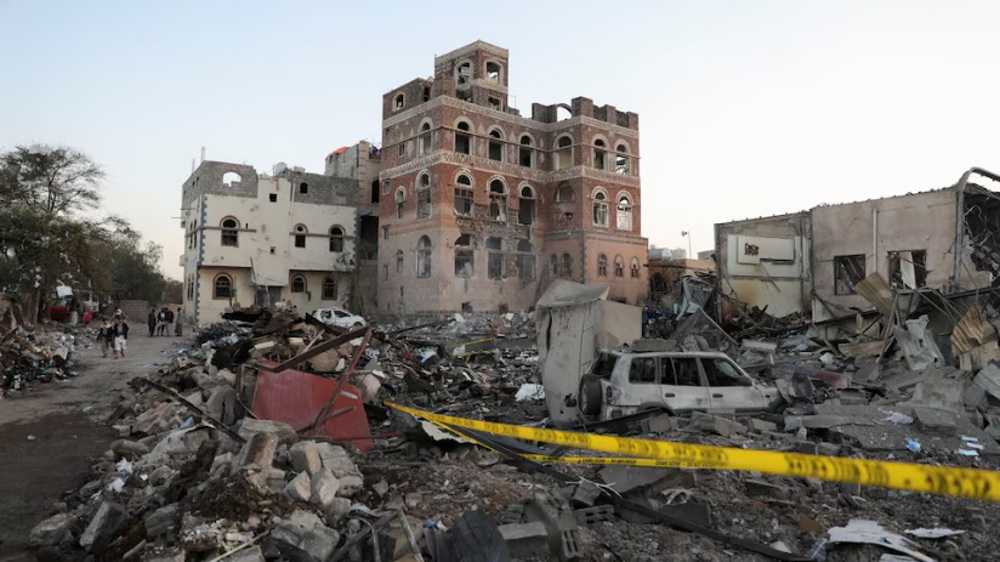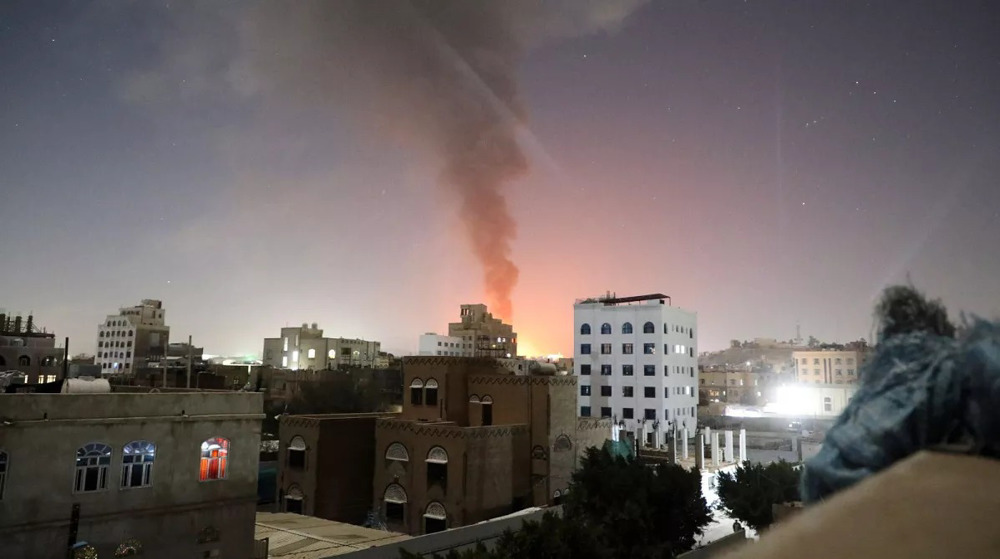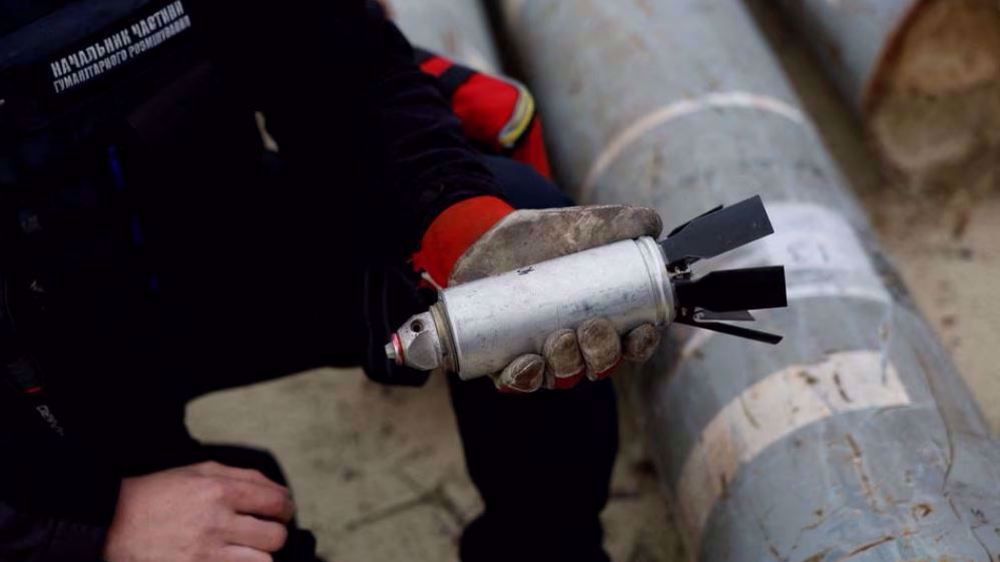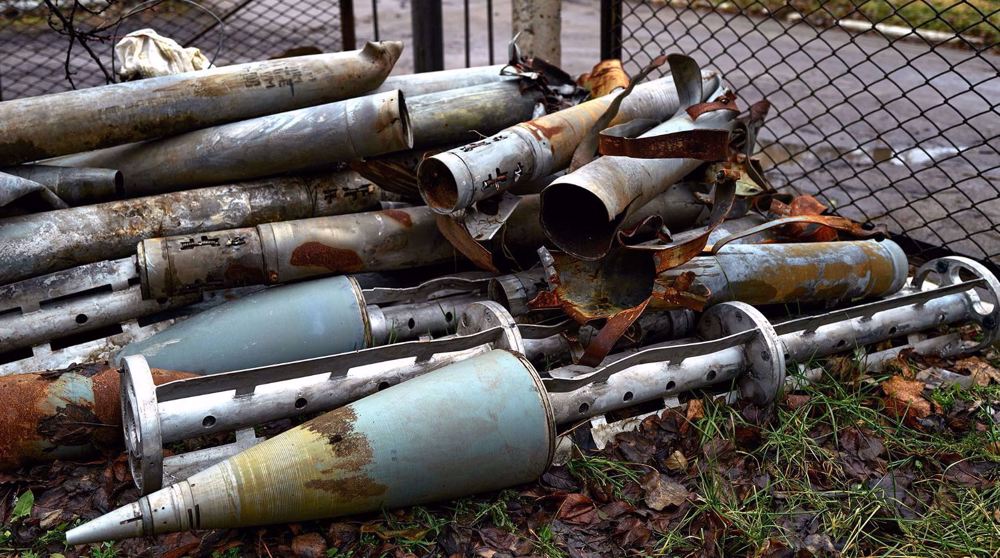Ukraine using US-supplied cluster bombs against Russian forces: White House
The US has confirmed that Ukraine is using Washington-supplied cluster bombs against Russian forces despite widespread concerns that such munitions can cause civilian casualties.
White House National Security Spokesman John Kirby said on Thursday the globally-banned weapons are in Ukrainian hands.
He added that they are being deployed in the field as part of Ukraine’s battle against Russia.
Kirby said Kiev is using the bombs effectively and properly.
“We have gotten some initial feedback from the Ukrainians, and they’re using them quite effectively,” Kirby told reporters.
President Vladimir Putin has already warned that Russia will take reciprocal action if Ukraine uses cluster bombs against his country's troops.
In an interview with Russian media, President Putin said on Sunday his country has a sufficient stockpile of various kinds of cluster munitions and may retaliate if Ukraine uses them.
“Russia has a sufficient supply of various types of cluster munitions,” the Russian leader said. “If they are used against us, we reserve the right to mirror actions.”
He said Moscow reserves the right to tit-for-tat actions.
The US announced on July 7 it would send Kiev cluster munitions as part of an $800-million security package intended to help Ukrainian forces against Russia, despite concerns over the long-term risk posed to civilians by bomblets that fail to explode.
The Pentagon said in a statement that the new military aid package announced on July 7 included "dual-purpose improved conventional munitions," referring to cluster munitions.
Washington’s decision was opposed by many countries across the world, including its Western allies.
Cluster bombs are banned under the Convention on Cluster Munitions (CCM), an international treaty that addresses the humanitarian consequences and unacceptable harm caused to civilians by cluster munitions through a categorical prohibition and a framework for action.
The weapons can contain dozens of smaller bomblets, dispersing over vast areas, often killing and maiming civilians. The CCMs are banned because unexploded bomblets can pose a risk to civilians for years after the fighting is over.
Cluster munitions generally eject submunitions that can cover five times as much area as conventional bombs.
The Convention on Cluster Munitions, which took effect in 2010, bans all use, production, transfer and stockpiling of cluster bombs. More than 100 countries have signed the treaty, but the US, Russia and Ukraine have not.

US conducts new airstrikes on Yemen’s Ma’rib, al-Jawf provinces

Pentagon allowing extremism in US military to go unchecked: Report

US airstrikes on Yemeni factory kill 6 civilians
Hezbollah censures Israeli settlers’ storming of al-Aqsa Mosque
Harvard-Trump dispute deepens as US president threatens to remove tax exemption
Maldives bans entry of Israelis in ‘resolute solidarity’ with Palestinians
Iran’s thermal power output hit record in year to March
Hamas calls for global protests against Israel's 'barbarism' in Gaza
Hamas says lost contact with group holding Israeli-American captive in Gaza
Iran condemns Israeli war crimes in Gaza, West Bank
Iran’s oil output rose slightly in March, OPEC data show








 This makes it easy to access the Press TV website
This makes it easy to access the Press TV website